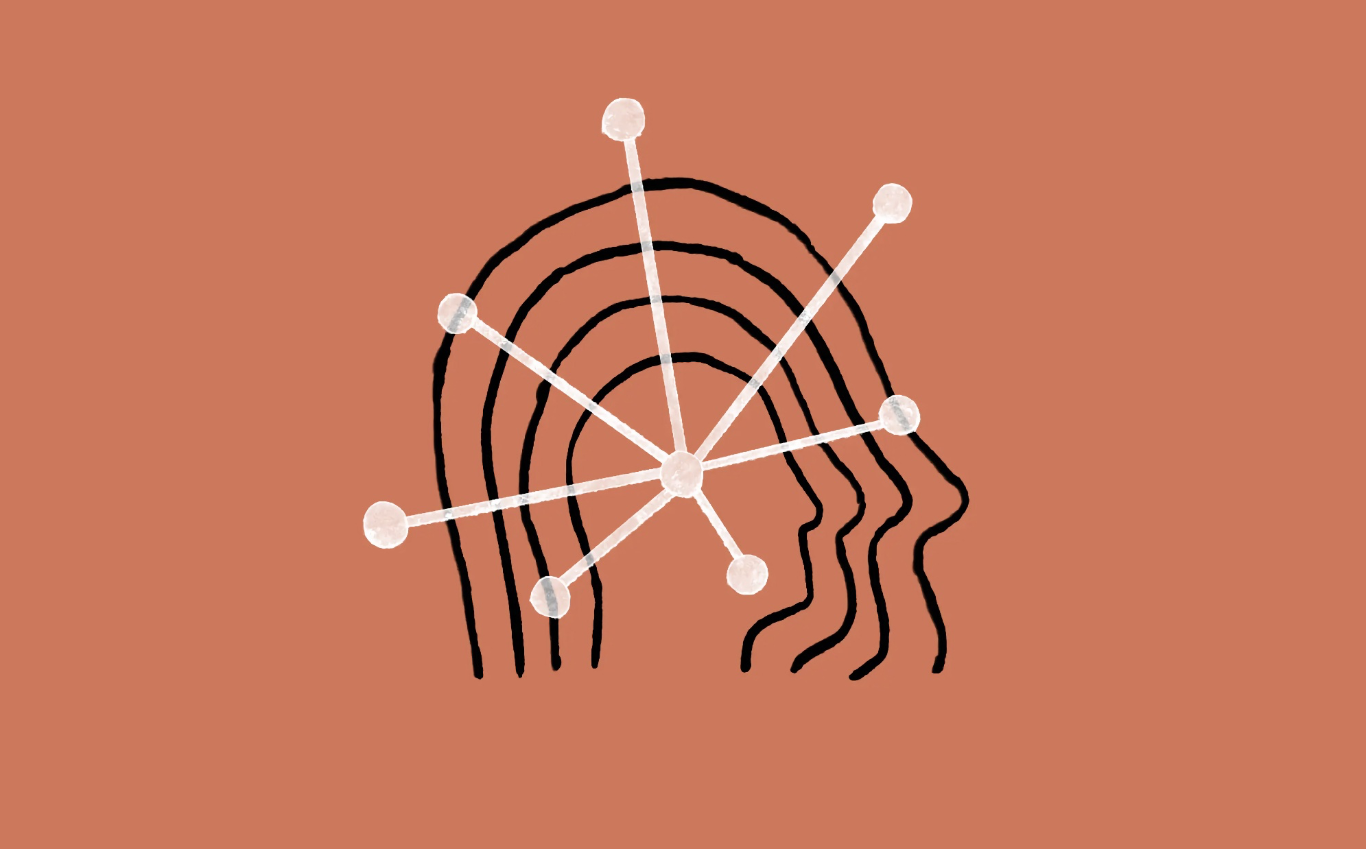If this theory is established, BTC must not only absorb the blood of the competition coins, but also their lives.
In 2019, the encryption market continued to rebound, and many people exclaimed that the bull market came, but the facts seem to prove that only the bitcoin bull market came. Bitcoin rose, sucking mainstream currencies; bitcoin fell, and mainstream currencies were even more fierce. The BTC hit a high of $13,150 a week ago, and then dipped sharply, dropping to a low of $12,101 and an amplitude of about 8%. At the same time, EOS fell from a one-day high of $5.91 to $5.02, with an amplitude of more than 15%. The LTC is also fierce, with a daily amplitude of more than 20%. This time, Bitcoin sucks blood and may "suck" a lot of competitors!

Image source:
We know that the competitive currency will amplify the price trend of BTC/USD in the previous market cycle (partly because of the impact of poor competitiveness liquidity). There is no doubt that the current BTC is in a bull market, but the competition coins including many mainstream currencies have not amplified these gains. In response, cryptographer Willy Woo proposed a possible scenario.
- The consensus of using "money" to forge coins – a high-tech that condenses developers' miners' exchanges and users
- The head of the Facebook blockchain is senator: Libra will respect user privacy
- What is the digital currency that 70% of the world's central banks are studying?
He believes that cryptocurrencies have a strong network effect. Big capital tends to seek maximum liquidity, the most mature infrastructure, and the oldest assets that continue to generate good returns (BTC is a typical example).
In areas with network effects, such as the US social media market, there will be many competitors at the beginning, such as Bebo, MySpace, Orkut, Facebook, and Twitter. It is not clear who the winner will be.
At some point, the winners of the market competition get enough lead on the hockey curve. Obviously, users will abandon the original platform and switch to these platforms. At present, we can only see the giants of Facebook and Twitter in the market. Many Chinese netizens don't even know Bebo, MySpace or Orkut.

The hockey stick effect means that in a fixed period (month, season or year), the sales volume in the early period is very low, and the sales volume at the end of the period will have a sudden increase, and in a continuous cycle, this phenomenon will repeat. The shape of the demand curve is similar to a hockey stick.
However, in the early days of the encryption market, the adoption curve of each network was very shallow, and we did not know who would win earlier. However, in the fourth cycle of Bitcoin, the situation may have changed.
Willy thinks:
"The fourth cycle of Bitcoin seems to confirm this phenomenon. If this is the case, then most of the competitive currencies in this cycle will not amplify the BTC's gains. Instead, their value will be absorbed by Bitcoin, flowing in. BTC and a small number of surviving currencies. The remaining almost all of the competing coins are on the road to Bebo / MySpace (death, exit the stage of history)."

We will continue to update Blocking; if you have any questions or suggestions, please contact us!
Was this article helpful?
93 out of 132 found this helpful
Related articles
- US SEC approves Blockstack to issue the first compliance token, allegedly costing $2 million
- The digital currency in the eyes of economists – risk articles: the wind
- The Libra scam is coming! Will the victim be you?
- A slide from the US Internal Revenue Service to break your vision of encryption privacy
- Demystifying the virtual currency "killing pigs" live broadcasts for a month and eight days to go all the way
- Federal Reserve Chairman: Facebook should not be allowed to issue Libra unless it explains how to deal with a range of regulatory issues
- Big hair coin, the central bank panicked, bitcoin or become the biggest winner!






